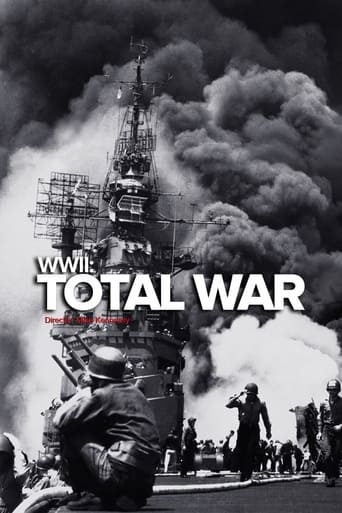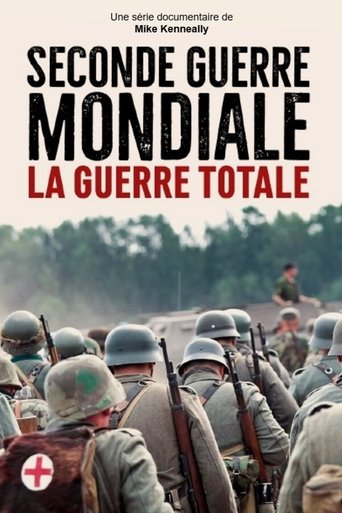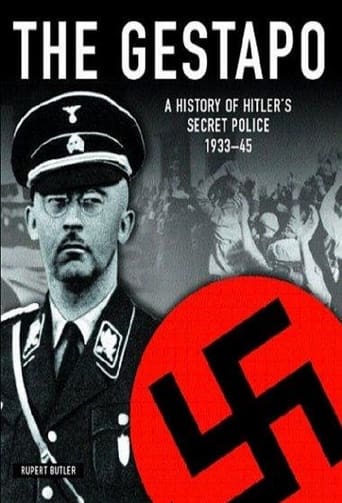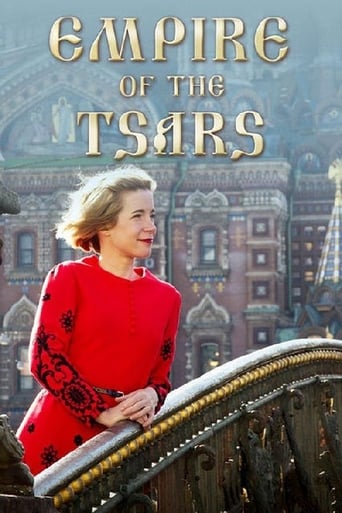World War II: Total War Season 1
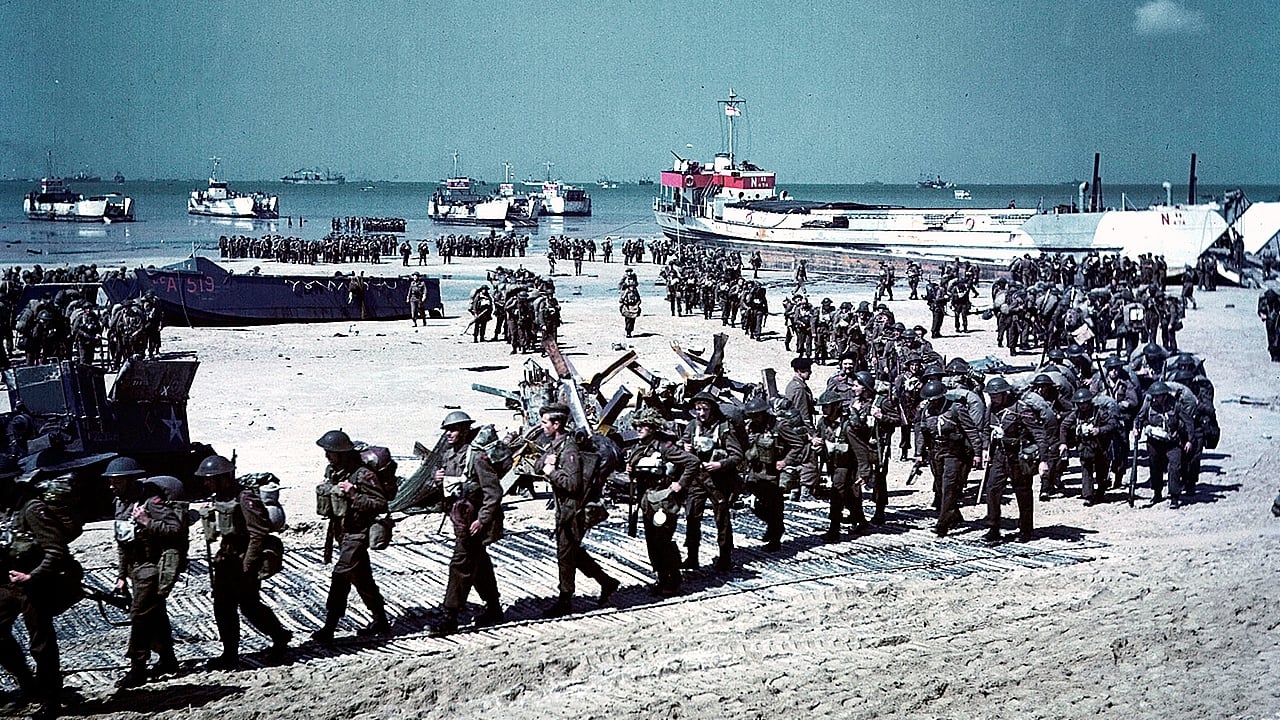
A Total War is all encompassing, a war without boundary or limitation. It is a war of material and morale. A war that mobilizes, destroys and displaces civilian populations. The Second World War was a war in which massive armies advanced, confronting whole populations with impossible choices. The manufacture of weapons transformed industry and the workforce; area bombing campaigns reduced cities to rubble; sieges doomed populations to starvation; racial policies sponsored campaigns of genocide. Told through archive footage and expert interviews, we learn how WWII shattered the boundaries between home-front and battlefield.
Watch NowWith 30 Day Free Trial!
World War II: Total War
2018 / NR

A Total War is all encompassing, a war without boundary or limitation. It is a war of material and morale. A war that mobilizes, destroys and displaces civilian populations. The Second World War was a war in which massive armies advanced, confronting whole populations with impossible choices. The manufacture of weapons transformed industry and the workforce; area bombing campaigns reduced cities to rubble; sieges doomed populations to starvation; racial policies sponsored campaigns of genocide. Told through archive footage and expert interviews, we learn how WWII shattered the boundaries between home-front and battlefield.
Watch Trailer
With 30 Day Free Trial!
World War II: Total War Season 1 Full Episode Guide
The end of WWII was met with destruction and liberation, relief mixed with grief. In its wake, tens of millions were dead and millions more displaced.
WWII was not the cause of the Holocaust, but it did provide a means for its execution. Episode #5 explores what role total war played in this genocide.
In WWII, civilians became defenders against and targets of aerial warfare on a scale that had never before been seen.
WWII shattered the boundaries between battlefield and homefront in much of the world. We examine the impact of occupation and the stories of those who fought to resist their occupiers.
Total War demands resources - economic, agricultural and industrial. When it became clear that strategies of appeasement would not prevent another war, nations across the globe mobilized.
The Second World War was the closest the world has come to a complete total war. But it was in the interwar years that nations honed the methods of destruction which were unleashed on a much wider scale in the Second World War. We look to wars in Manchuria, China, Abyssinia and Spain to see how each served as a 'terrible precedent,' revealing elements of total war that soon engulfed the globe.
Free Trial Channels
Seasons


